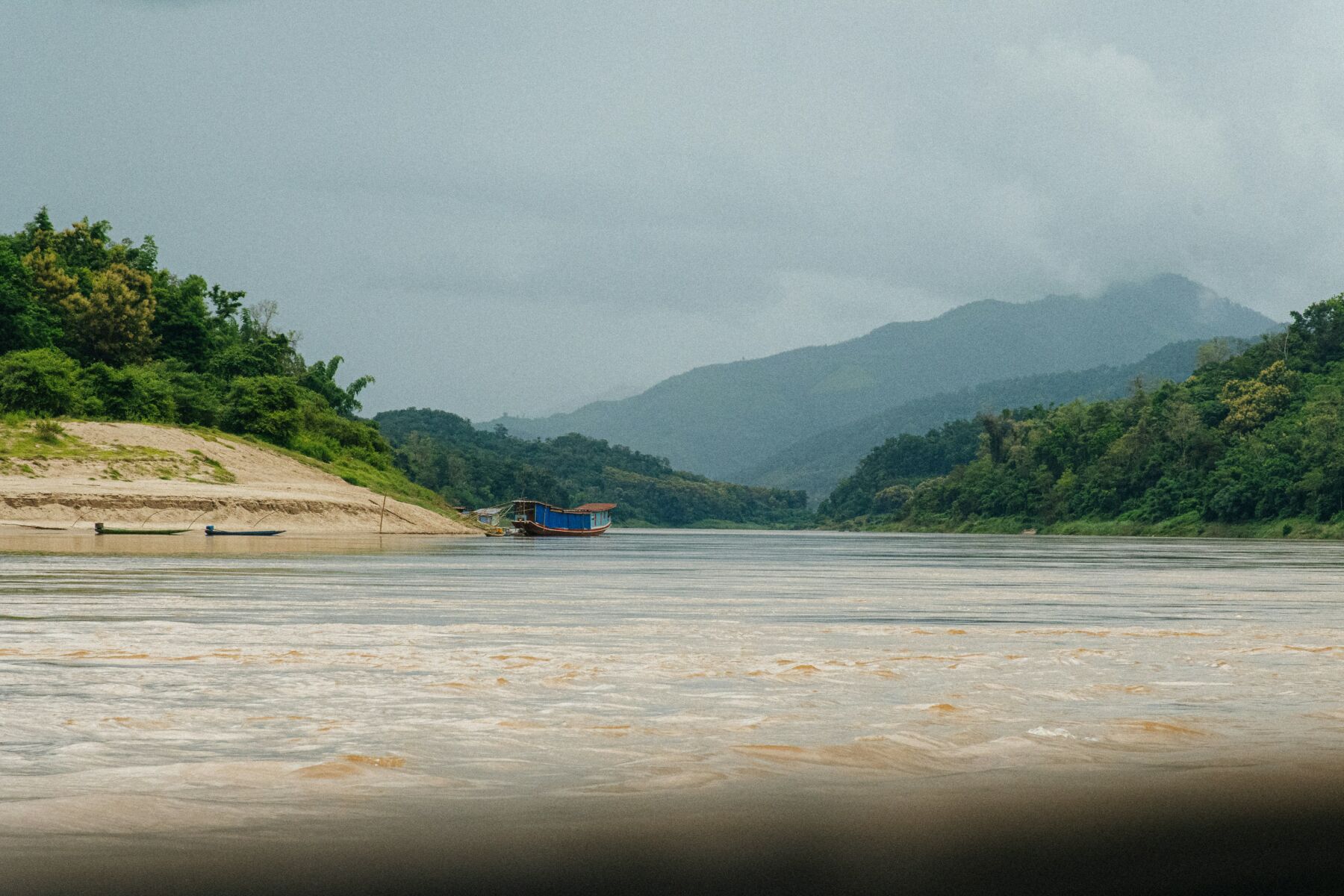Mekong River dams threaten Thailand’s environment and economy, warns NHRC

Transboundary hydropower dam projects along the Mekong River could jeopardise Thailand’s environment, economy, and community welfare, according to the National Human Rights Commission (NHRC).
In a letter addressed to Prime Minister Paetongtarn Shinawatra on October 3, the NHRC highlighted its concerns about four hydropower dam projects: Ban Koum Dam, Sanakham Dam, Phou Ngoy Dam, and Pak Chom Dam, all situated on the Lower Mekong along the Thai-Lao border. These projects are developed by registered Thai companies.
The NHRC’s intervention followed complaints from local communities about the potential environmental degradation, deterioration of living conditions, and possible human rights infringements due to the dam projects.
Upon reviewing the proposals, the NHRC identified that, despite the dams being constructed on the Lao side of the Mekong River, their proximity to Thailand poses significant cross-border risks, particularly in Loei and Ubon Ratchathani provinces.
An NHRC report indicated that these projects would negatively affect the environment, hydrology, fisheries, economy, society, and border security and territorial integrity.
The natural water flow would be altered by the dams, leading to riverbank erosion, disruption of aquatic animal migration, and the collapse of the freshwater ecosystem.
Mekong River
The discharge of large volumes of water during the rainy season could result in severe flooding in nearby areas.
Construction activities might also modify the deep water channel, impacting the boundary demarcation process between Thailand and Laos, currently managed by the Joint Boundary Commission (JBC).
The NHRC has called on the Office of the National Water Resources (ONWR) to assess the potential impacts of these hydropower dam projects.
It also recommended that the Energy Ministry re-evaluate its electricity purchasing plan and explore alternative energy sources that do not carry such extreme environmental and social consequences.
The NHRC emphasises the responsibility of the government, investors, and developers to uphold human rights as per the constitution and the United Nations Guiding Principles (UNGP) on Business and Human Rights.
The Ministry of Justice has been urged to ensure that all four projects comply with UNGP principles, incorporating measures to mitigate impacts and prevent risks in alignment with human rights standards.
Pianporn Deetes, a campaign director with the Southeast Asia Program at International Rivers, a non-profit organisation advocating for river-dependent and dam-affected communities, welcomed the NHRC’s letter, reported Bangkok Post.
“The Mekong mainstream dams have devastating impacts on riverside communities and are useless for Thailand’s energy needs. The government should cancel plans to buy electricity from more mainstream dams.”
Montree Chantawong, a coordinator with Mekong Butterfly, a group dedicated to protecting the natural resources of the Mekong Basin, echoed these sentiments, urging the government to consider the NHRC’s recommendations.
Latest Thailand News
Follow The Thaiger on Google News:


























